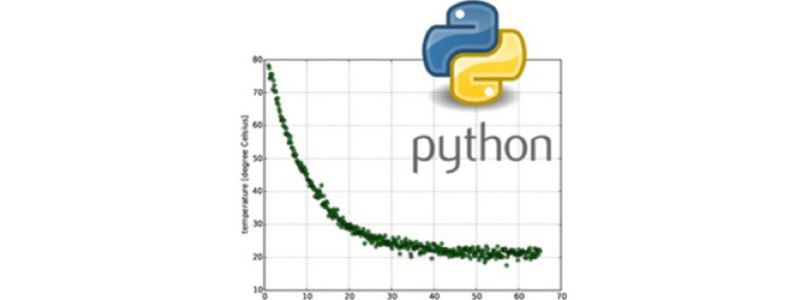python
Events
People

Hans Fangohr
Head of Group, MPSD
Professor of Computational Modelling
hans.fangohr@mpsd.mpg.de
Institutions
Max Planck Institute for the Structure and Dynamics of Matter
Scientific Support Unit researching the use of computation to accelerate and support research.
People




